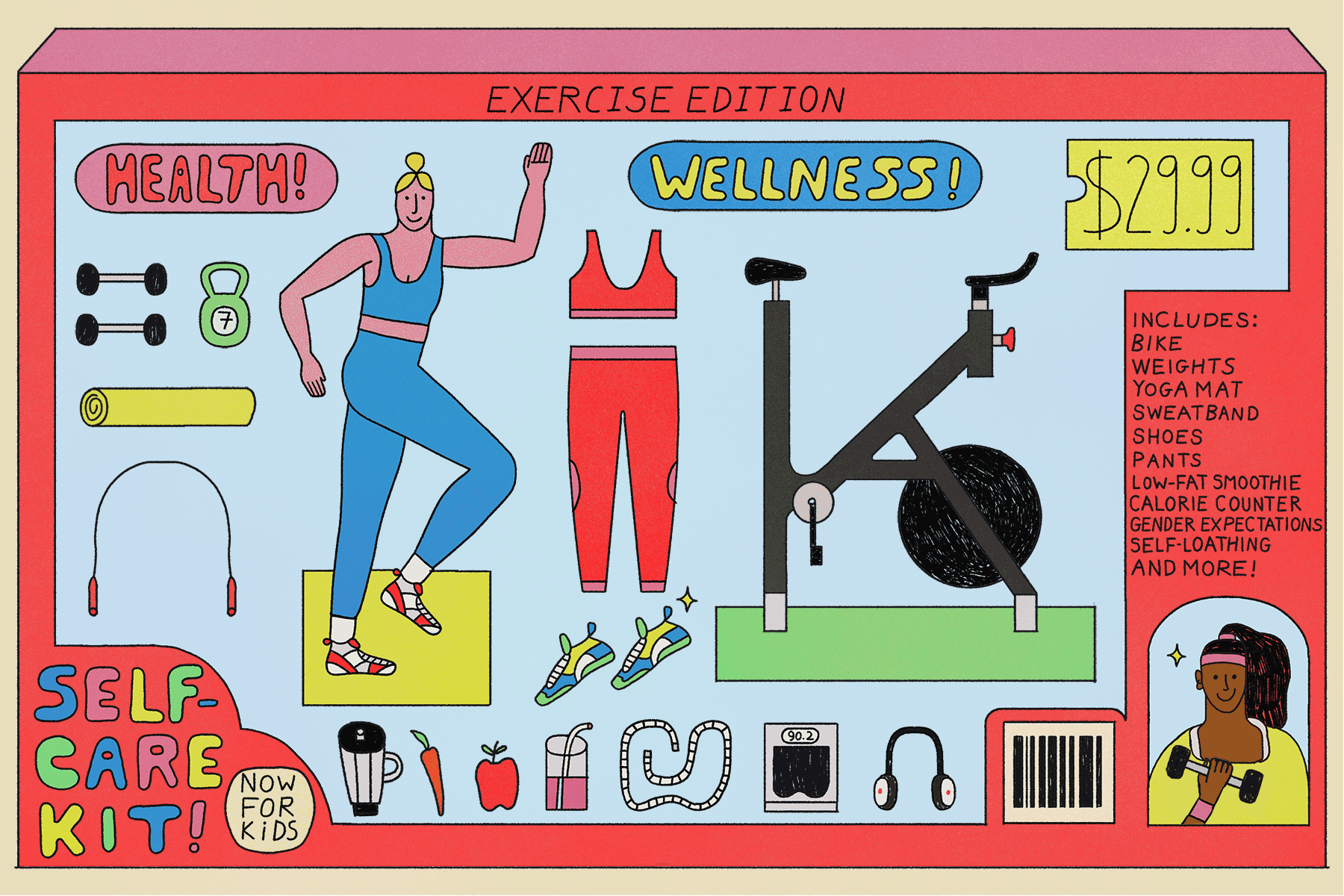Treating ADHD off the shelf
- Share via
These are fidgety times for America’s children. Roughly 1 in 12 kids ages 6 to 17 has been diagnosed with attention deficit hyperactivity disorder, more commonly called ADHD. Add the undoubtedly huge numbers of kids who are simply restless and easily distracted, and you have a potentially vast market of parents looking for help wherever they can get it, including the supplement aisle.
While some parents try to sharpen their kids’ attention with single herbs such as St. John’s wort or ginkgo, many others shop Internet sites and health food stores for combination products that claim to make children calmer and more focused.
--
The products
Calm Child, available in tablets or in a syrup, offers a mishmash of supposedly sedating herbal ingredients including camomile, lemon balm and catnip. (Though exciting for cats, catnip is said to be relaxing for humans.)
Focus Factor for Kids takes a nutrient-heavy approach: A serving of four chewable wafers provides more than 200% of the recommended dietary allowance for vitamin C, 100% of the RDA for thiamine and 33% of the RDA for zinc, along with 18 other vitamins and minerals. It also includes a “proprietary blend” of antioxidant compounds, omega-3 fatty acids and DMAE, a building block for some key brain chemicals.
Pedia-Calm contains DMAE along with soy phospholipids (types of fat found in cell membranes).
You can expect to pay about $13 for 150 tablets of Calm Child. That’s a little more than a month’s supply if you give your child two tablets twice each day as instructed. For about $30, you could buy 120 Focus Factor for Kids wafers. The label recommends giving four to eight wafers each day depending on the child’s weight. Sixty capsules of Pedia-Calm will cost about $20. Parents are instructed to give their children just one capsule each day, so that’s a two-month supply.
--
The claims
The label for Calm Child says that it can “support calm, focused attention in children.” The label for Focus Factor for Kids says it will support “memory, concentration and focus.” Several websites selling Pedia-Calm claim that it works much like prescription stimulants such as Ritalin to relieve symptoms of ADHD.
--
The bottom line
Very few studies have investigated herbal or nutritional supplements for the treatment of ADHD in children or adults, says Dr. Sanford Newmark, a faculty member of the Arizona Center for Integrative Medicine at the University of Arizona in Tucson and director of Tucson’s Center for Pediatric Integrative Medicine. As Newmark explains, that’s why different products take such different approaches: There’s no consensus on what works.
“I don’t recommend the combination products,” Newmark says. “They throw together everything they can think of that might help ADHD, often in very small amounts.”
A couple of the ingredients found in these products -- omega-3 fatty acids and zinc -- do show some promise, Newmark says. A 15-week, placebo-controlled study published in 2007 found that giving kids omega-3 fatty acids in the form of six 500-milligram capsules of fish oil and evening primrose oil each day seemed to improve inattention and hyperactivity, as reported by parents. (A large number of kids dropped out before the study was over, which may have skewed the results.)
Newmark also points to a 2004 study that found 55 milligrams of zinc sulfate each day seemed to further improve the symptoms of children who were already taking Ritalin for ADHD. Another small study found that 150 milligrams of zinc sulfate each day seemed to mildly improve symptoms of ADHD in kids who weren’t taking Ritalin -- but, again, many kids dropped out before the study was finished.
The evidence that omega-3 fatty acids and zinc can help relieve ADHD is far from overwhelming, but the nutrients may still be worth a try, Newmark says. “These things are safe, so there’s really no downside.”
The mildly sedating herbs found in some products may very well calm down an overactive child, says Dr. Jack McClellan, child psychiatrist and director of the Child Study and Treatment Center at Seattle Children’s Hospital. “But that won’t necessarily improve learning,” he says.
According to McClellan, parents who insist on tested, proven therapies for their children’s ADHD have one choice: Ritalin and similar stimulant prescription medications. The treatments for ADHD have more supporting evidence than any other medical therapy for any other mental health problem in children, he says. “It’s not even close.”
--
Is there a consumer product you’d like the Healthy Skeptic to examine? E-mail the details to [email protected]. Read more Healthy Skeptic columns at latimes.com/health.

